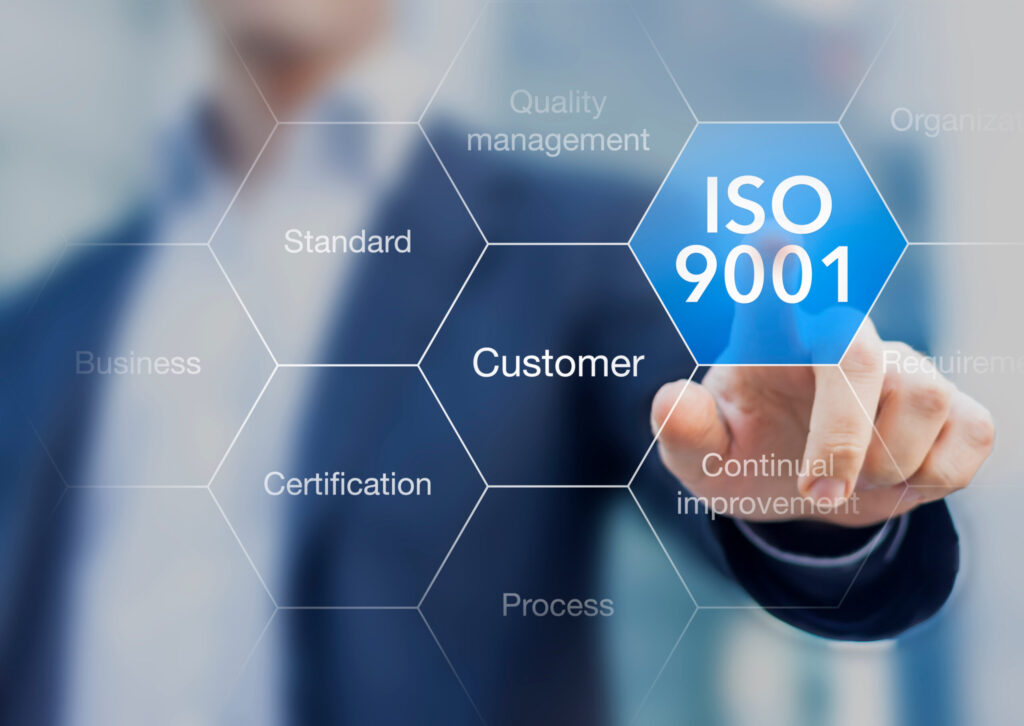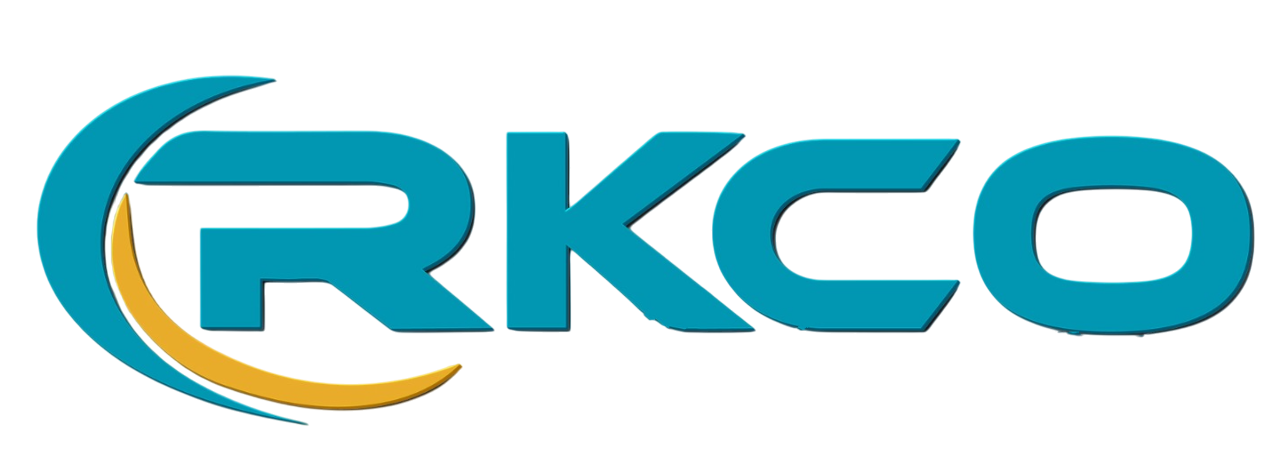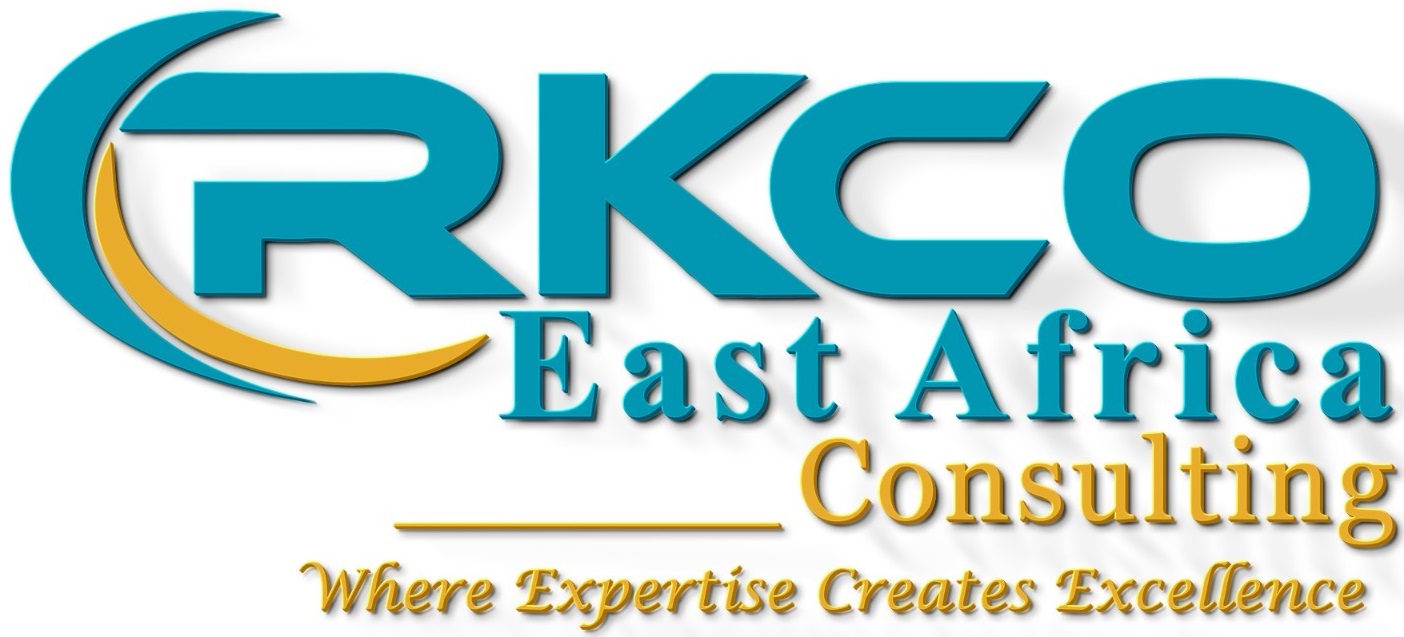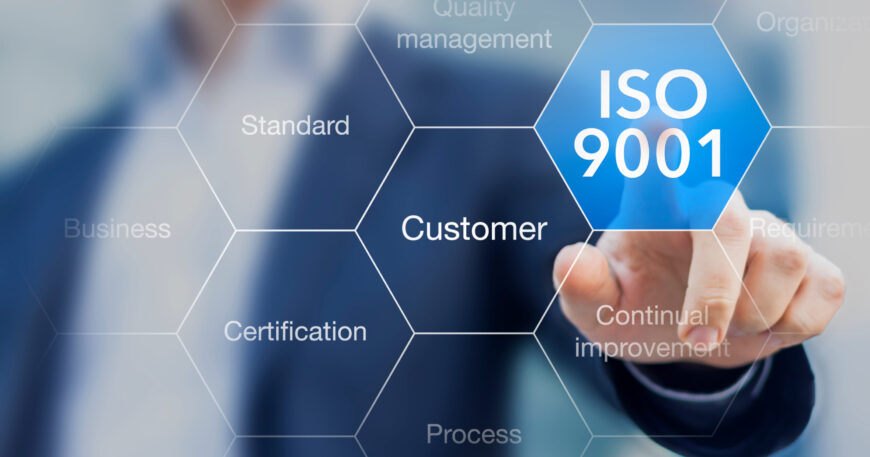
In today’s competitive business environment, delivering consistent quality and meeting customer expectations is not just an advantage—it’s a necessity. One of the most recognized and widely adopted frameworks for achieving this is ISO 9001:2015, the international standard for Quality Management Systems (QMS).
What is ISO 9001:2015?
ISO 9001:2015 is the latest version of the ISO 9001 standard, developed by the International Organization for Standardization (ISO). It provides a structured approach to managing an organization’s processes to consistently deliver products and services that meet customer and regulatory requirements.
This standard is applicable to organizations of all sizes and sectors and focuses on enhancing customer satisfaction through the effective application of a QMS, including processes for continual improvement and assurance of conformity.
Key Principles of ISO 9001:2015
The standard is based on seven quality management principles:
- Customer Focus – Understanding and meeting customer needs to enhance satisfaction.
- Leadership – Establishing a clear vision and direction to create unity of purpose.
- Engagement of People – Ensuring competence and involvement at all levels.
- Process Approach – Managing activities and resources as interconnected processes.
- Improvement – Ongoing effort to enhance overall performance.
- Evidence-Based Decision Making – Using data and analysis for informed decisions.
- Relationship Management – Building strong relationships with stakeholders and suppliers.
Why ISO 9001:2015 Matters for Your Business
Implementing ISO 9001:2015 provides a range of strategic benefits, including:
- Enhanced Customer Satisfaction: Better understanding of customer needs leads to improved service delivery.
- Operational Efficiency: Streamlined processes reduce waste, errors, and duplication.
- Market Competitiveness: ISO certification is often a requirement for tendering and entering new markets.
- Risk Management: Helps identify and manage business risks and opportunities.
- Continuous Improvement Culture: Encourages ongoing evaluation and improvement of business processes.
The Process of ISO 9001:2015 Certification
- Gap Analysis – Assessing current systems against the ISO standard.
- System Development – Creating and documenting QMS policies, procedures, and processes.
- Training and Awareness – Building internal knowledge and capability.
- Implementation – Putting systems into practice across the organization.
- Internal Audit – Evaluating system effectiveness and compliance.
- Certification Audit – Conducted by an accredited certification body.
How RKCO East Africa Consulting Can Help
At RKCO East Africa Consulting, we specialize in helping businesses develop, implement, and maintain ISO 9001:2015 compliant quality management systems. Our team offers end-to-end support including:
- Gap assessments
- QMS design and documentation
- Internal auditor training
- Pre-certification audits
- Ongoing support for continual improvement
We’re committed to partnering with you to drive operational excellence and long-term value through a robust quality management approach.
Ready to Get Started?
Whether you’re looking to achieve certification or improve an existing QMS, RKCO East Africa Consulting is here to support your journey toward quality excellence.
📩 Contact us today to learn more or schedule a free consultation.





